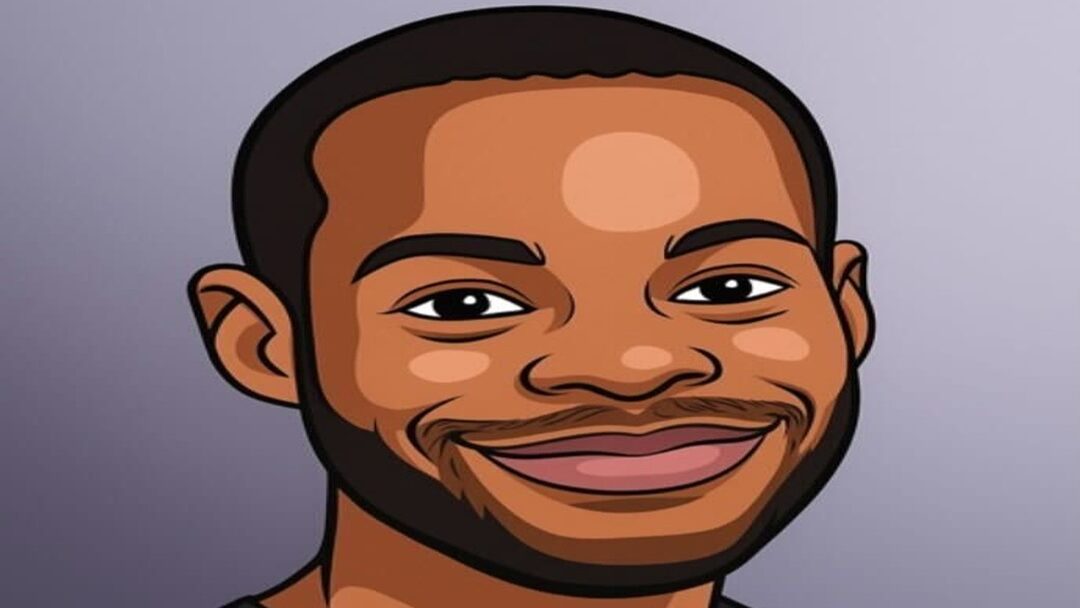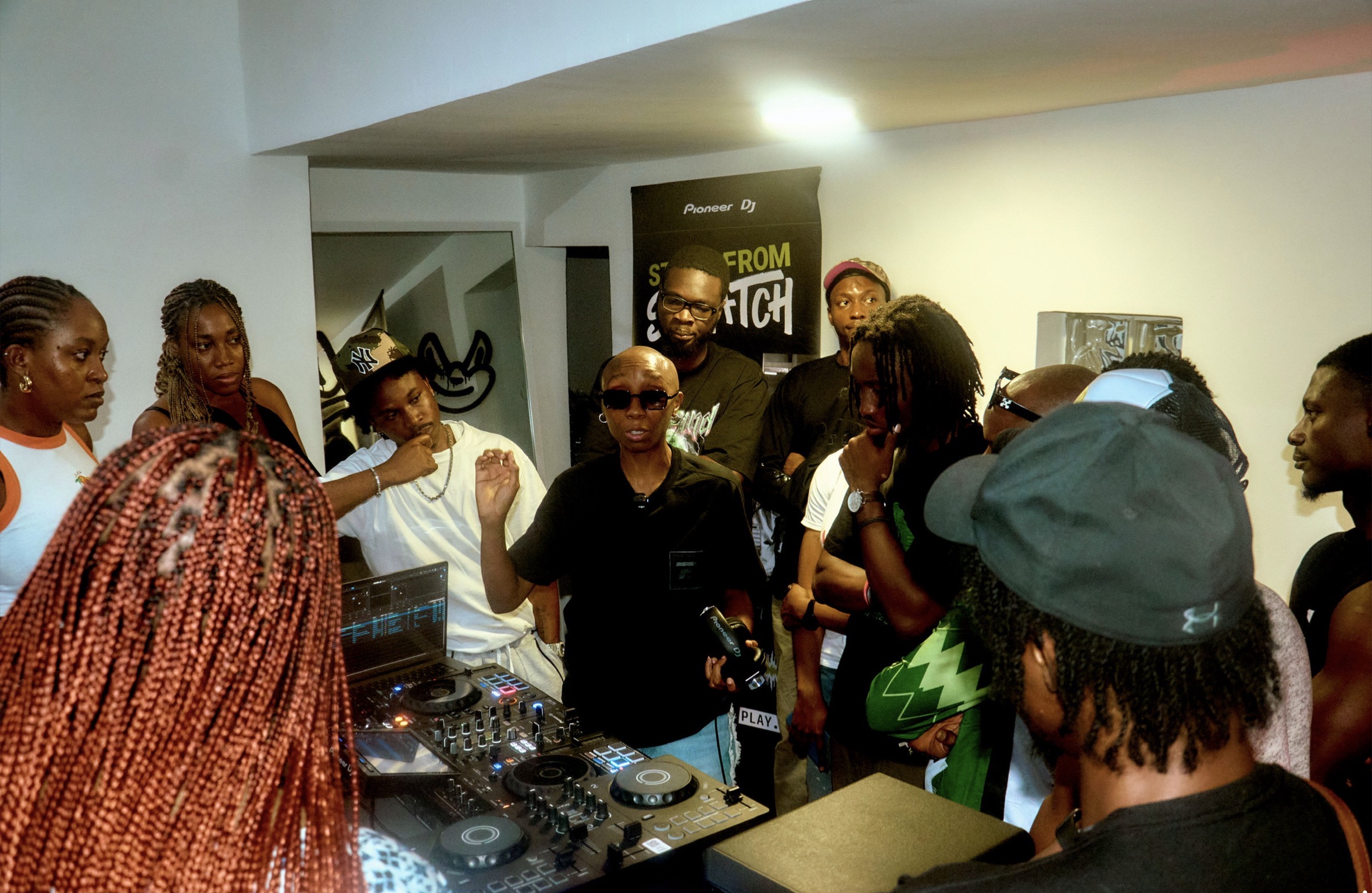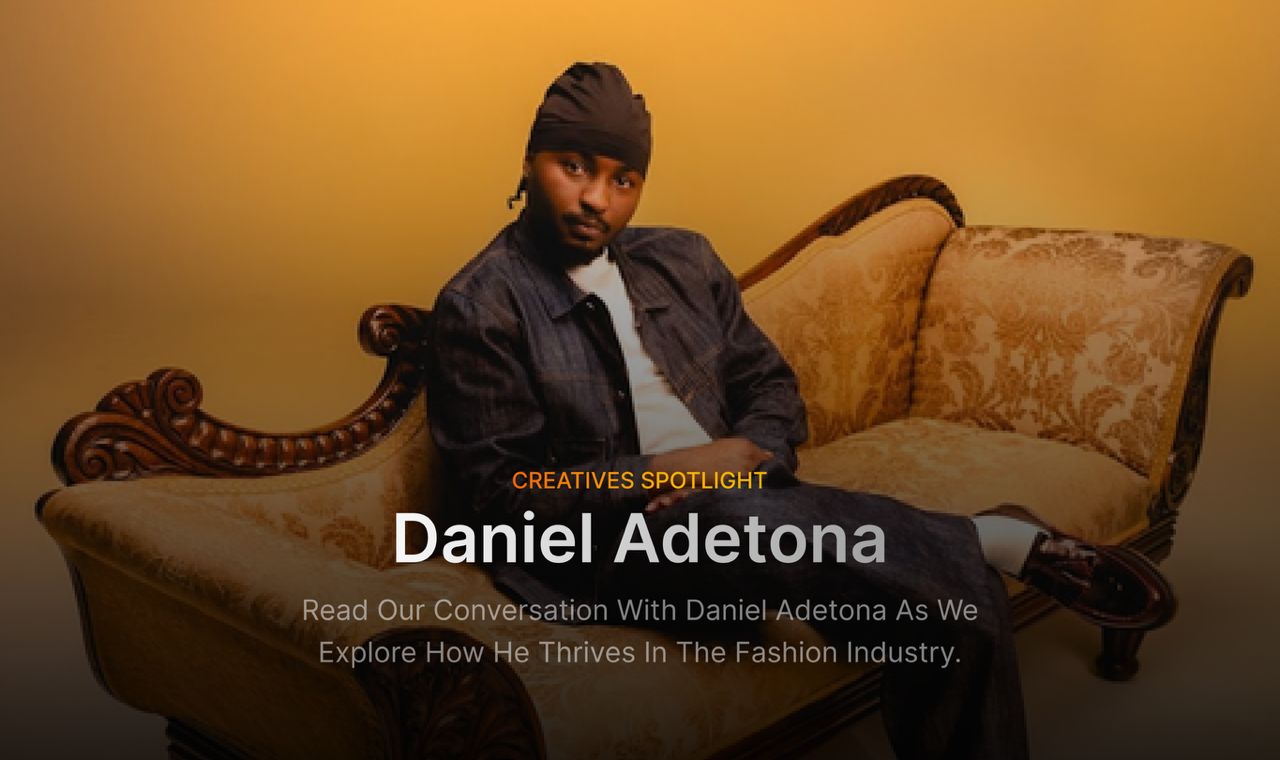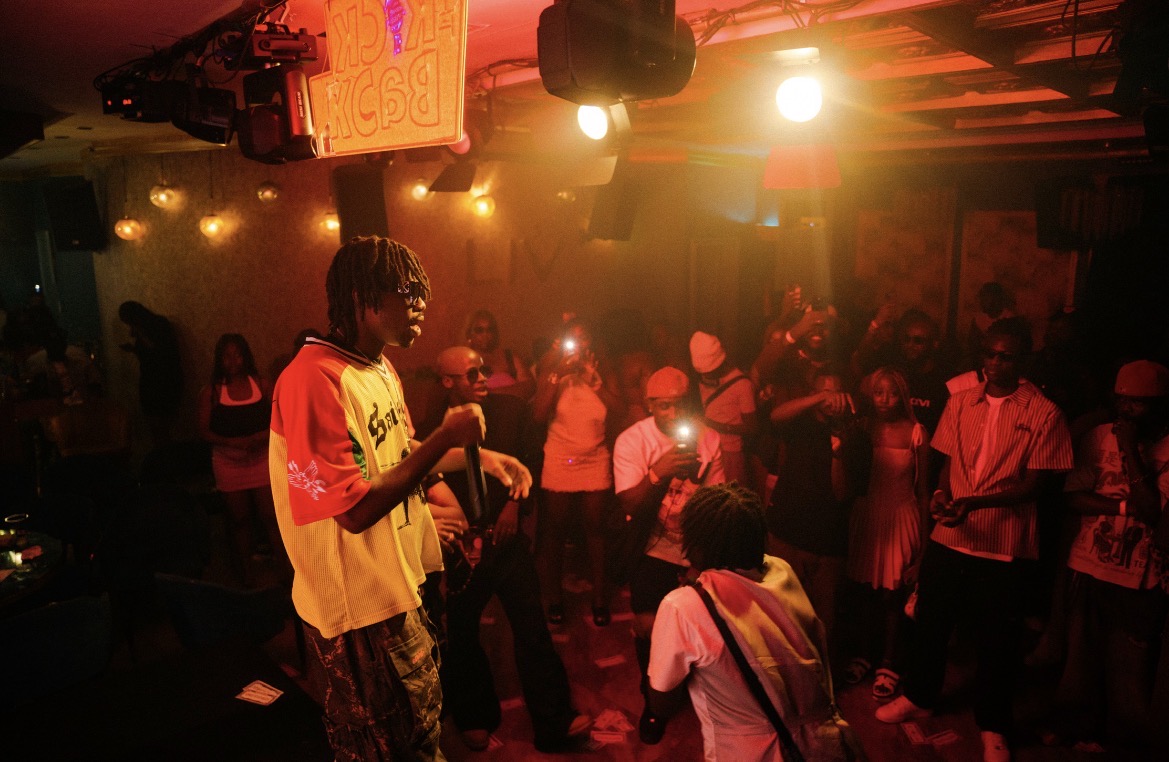Yimika’s dream has always been straightforward, maybe not as direct and strict as many dutiful planners, but clear enough. He knew he wanted to tell stories, and he knew he wanted to teach. So he headed for film school, did the thing.
However, dreams rarely unfold in straight lines. His 20s have been a mix of checking some items off the bucket list, letting some dreams go — or pausing them — so that newer ones could take root and bloom. Chief among them is Improv Circle, the community he founded, which has now grown into one of the most exciting creative spaces in Nigeria.
From festival screenings to weekend trips between Ibadan and Lagos, from heartbreaks to resilience, from Netflix-sized ambitions to the magic of improv stages, Yimika’s 20s have been both a stumble and a soar.
As he enters the final lap of his 20s, we speak to him in this edition of Roaring 20s about direction, regret, love, community, and why his roar is still gathering volume.
Did you find yourself stumbling through your 20s trying to figure things out, or did you feel you had a clear sense of direction from early on?
It was a mix. I knew I wanted to do film, write stories, and teach. The plan was clear: a master’s in screenwriting in the UK, maybe a show for Netflix, then come back home to run workshops.
But life doesn’t always follow a script. The UK market was tough for new writers; they mostly wanted people who could “write what they know.” After a long search for an agent and jobs, I realized I couldn’t wait for external validation before chasing what I wanted. That’s how improv came in. I loved it, and I knew Nigerians would too.
Coming back wasn’t part of the plan, but I chose to see Nigeria’s problems as opportunities. As I told myself then: I can’t just let things happen to me, I can happen to things too. That mindset has shaped everything I’ve done since.
What would you say has been your proudest achievement of this decade—and the one that surprised you the most?
Without a doubt, Improv Circle. Watching people who never imagined themselves on stage now perform every month is incredible. It’s not just about laughter; it’s about building a community where no one counts themselves out.
Community has always been central for me. Back in university, I was part of a creative collective called Mad District. We even ran a parody news podcast called News Street Out of the Calabash, fake ads, satirical skits, and random comedy songs. It was very SNL-like. That project pushed me creatively, taught me collaboration, and even got me rapping. More importantly, it showed me how being around other creatives can push everyone to get better. That same spirit lives in Improv Circle.
When you look back at your 20s, is there a regret or a huge loss that still stands out to you, and how did it shape who you are today?
I don’t think I’d undo anything, because both wins and losses shape you. If anything, I wish I had taken more risks earlier and asked for what I was worth instead of compromising too much.
Losses sting more than wins elevate you, but they’re necessary. Without them, you can’t appreciate the height of the victories. Every misstep taught me persistence, every “no” forced me to carve my own path.
What have your 20s taught you about life, love, and especially heartbreak?
Life has taught me to always get up. It’s like the gym: you put in the reps, you discover your strength and your weakness, but you keep going. That consistency builds you.
Wisdom, for me, is like climbing stairs. The higher you go, the broader your perspective becomes. Age gives you the opportunity to see more, but wisdom doesn’t come automatically; you have to seek it out.
Love has taught me that real love isn’t always a whirlwind romance. It’s stillness. Choosing someone in quiet moments, in the storm, and even when it feels mundane. And before all of that, you must love yourself. You can’t outsource that; people learn how to love you by watching how you love yourself.
Heartbreak has taught me to let go. If you don’t, other people end up paying for old wounds. And in Nigeria’s dating pool—honestly, anywhere’s dating pool—you meet a lot of jagged edges. But showing your own jagged side in return doesn’t prove love. Walking away, letting go, and moving forward does.
If you had made a bucket list at 20, what are some things you’ve checked off, and what’s still left hanging as you approach 30?
Film school, check. Having a short premiere at a festival, check. Making people laugh every month, that was always on my heart, and now I do it through improv.
I try not to live by rigid lists, but one dream that excites me is bringing tabletop storytelling like Dungeons & Dragons to Nigeria. It’s another way to tell African stories, to expand imagination and creativity. I’ve already brought improv here; D&D might be next.
As you enter your 30s, society often expects stability, career moves, marriage, ‘figured-out’ adulthood. How do you feel about those pressures, and should we expect wedding bells, LinkedIn updates, or maybe something completely unexpected from you?
There’s pressure, of course. Friends are getting married, and family members make jokes. But my path is different. I’m building something without a blueprint, so my timeline won’t look like everyone else’s.
Right now, my focus is on Improv Circle: more classes, bigger shows, and building a stronger community. Marriage and relationships? If the right person comes along, I’d love that, but I won’t force it just to tick a box.
Founding Improv Circle has been a major part of your 20s. How has building that community shaped you, and what role do you see it playing as you leave this decade behind?
It’s reshaped me completely. For one, it’s taught me resilience. I’ve traveled every weekend from Ibadan to Lagos just to make shows happen. I’ve kept this going for over a year, and that stubborn consistency has built my confidence and my team’s.
It’s also taught me startup lessons: fundraising, pitching passion, and managing a team. And it’s made me less selfish. Improv is about making your partner look good, and I carry that into life now.
Improv Circle is lifelong for me. Years from now, people will look at actors, writers, and creators and trace their roots back here. That’s legacy work, and I’m committed to it.
Would you say your 20s roared or are roaring? On a scale of 1–10, how loud is that roar?
They are roaring. Sometimes in pain, sometimes in pleasure, but roaring all the same. I’d give it an 8.5.
And I know this isn’t the loudest roar yet. Bigger ones are coming. Even when it feels like a whisper, I’ll keep roaring — or meowing — until the next thunderclap.





